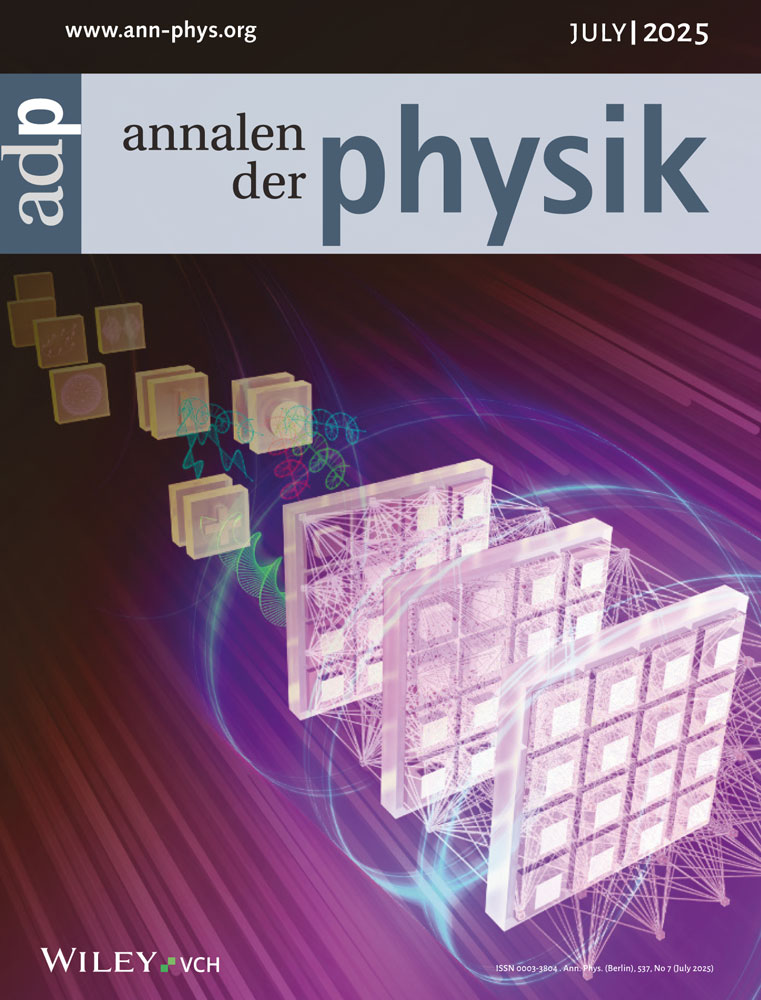The Formalism of Quantum Theory: An Objective Description of Reality?
Abstract
enWe argue that the formalism of quantum theory can be given an empirical interpretation (in the sense of a connection with observable phenomena) in the same way as in any other empirical theory. In particular, there is no need to supplement the unitary time evolution governed by a Schrödinger-type of equation with a “projection postulate” that applies only to measurements. As a consequence, the quantum formalism has the same status as the formalisms of older physical theories, and is capable of the same philosophical interpretations. The most natural interpretation, we argue, is to conceive of the formalism as an objective – although highly abstract – description of reality.
Abstract
deDer Formalismus der Quantentheorie: Eine objective Beschreibung der Wirklichkeit?
Wir erörtern, daß der Formalismus der Quantentheorie empirisch interpretiert werden kann (im Sinne einer. Verbindung mit wahrnehmbaren Erscheinungen) in gleicher Weise wie bei allen anderen empirischen Theorien. Insbesondere ist es nicht nötig der unitären Zeitentwicklung, beherrscht durch eine Schrödingergleichung, ein „Projektionspostulat”︁ beizufügen, das nur für Messungen zutrifft. Infolgedessen hat der Quantenformalismus den gleichen Status wie die Formalismen von älteren physikalischen Theorien und kann in gleicher Weise philosophisch gedeutet werden. Wir führen aus, daß die natürlichste Deutung darin besteht, den Formalismus als eine objektive – obwohl sehr abstrakte – Beschreibung der Wirklichkeit aufzufassen.




